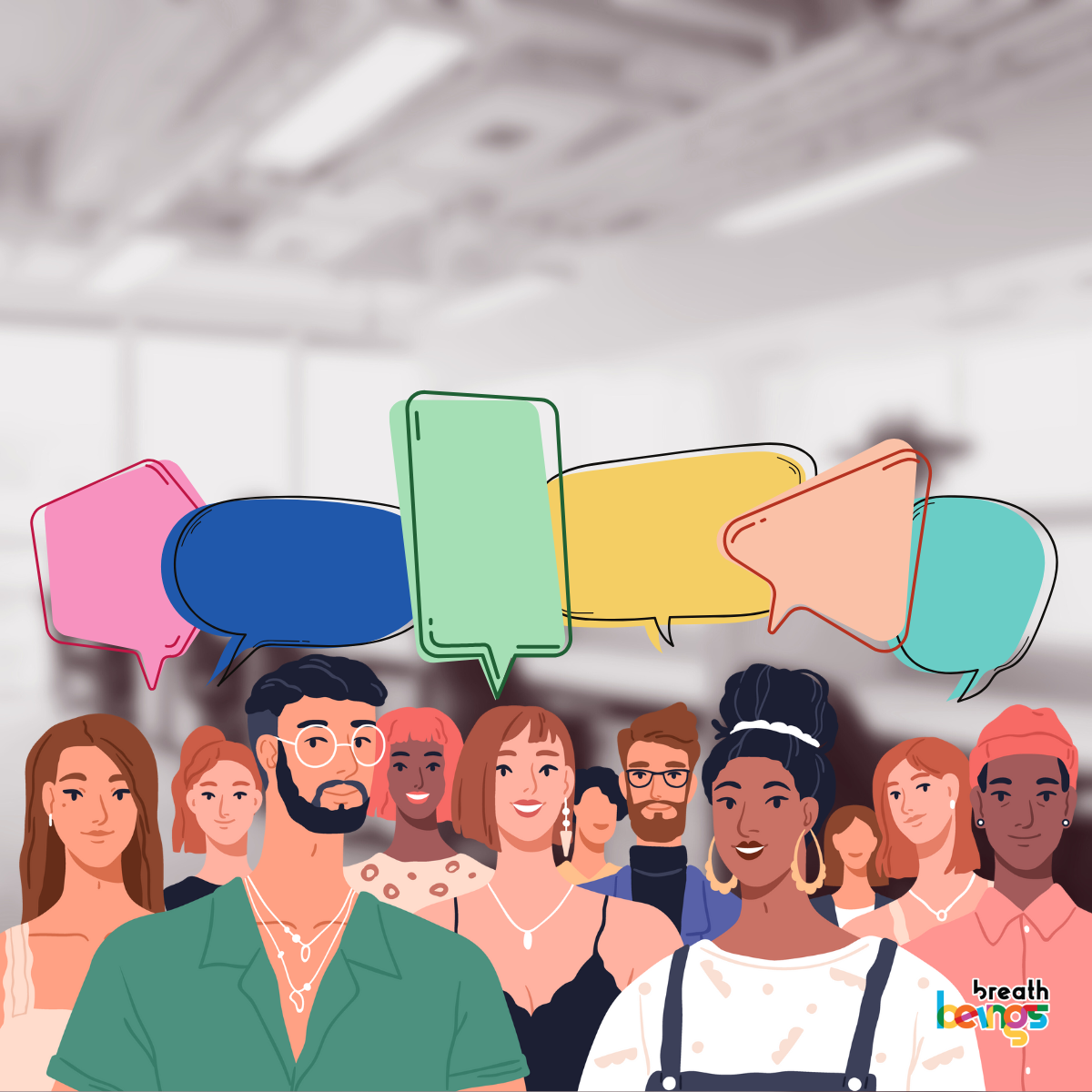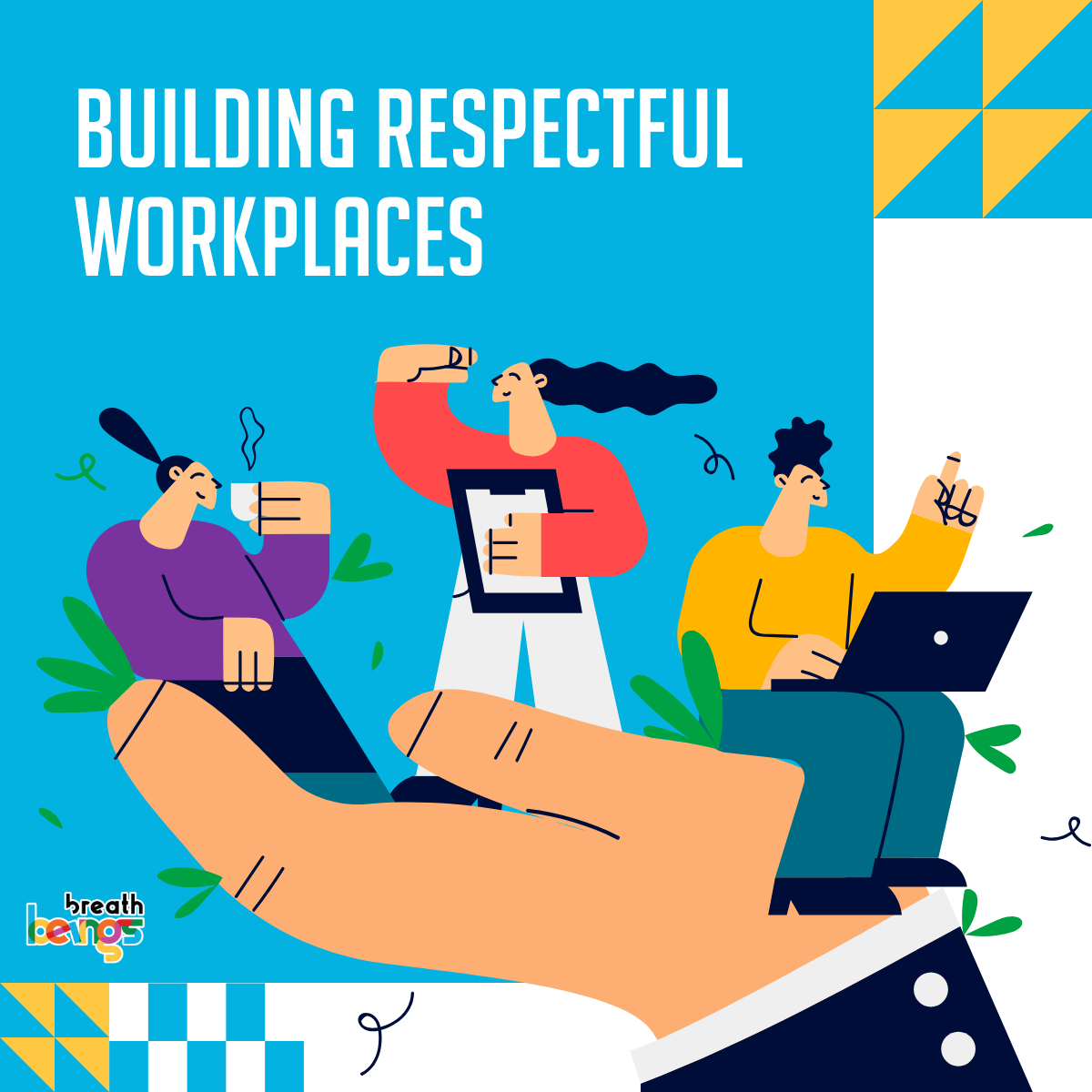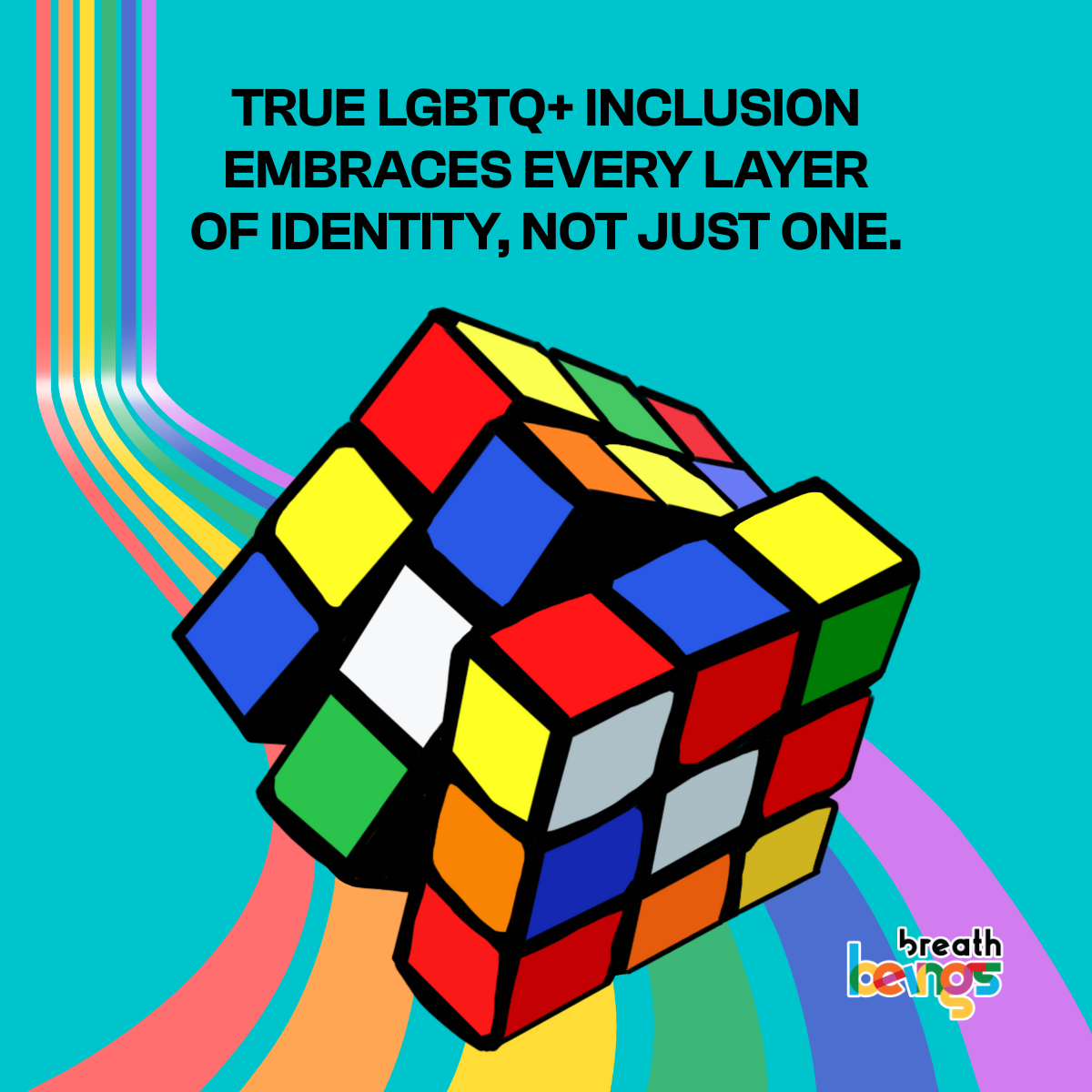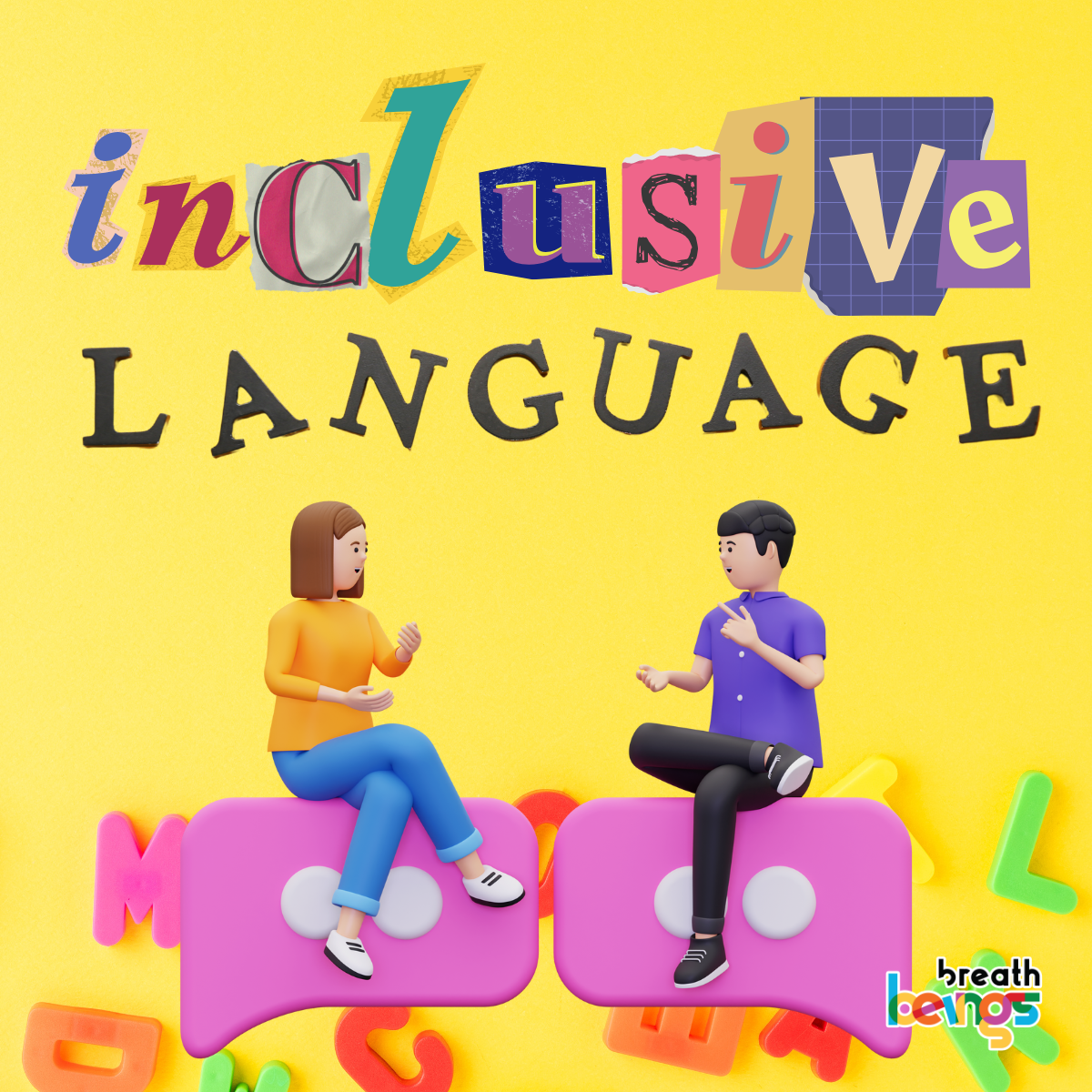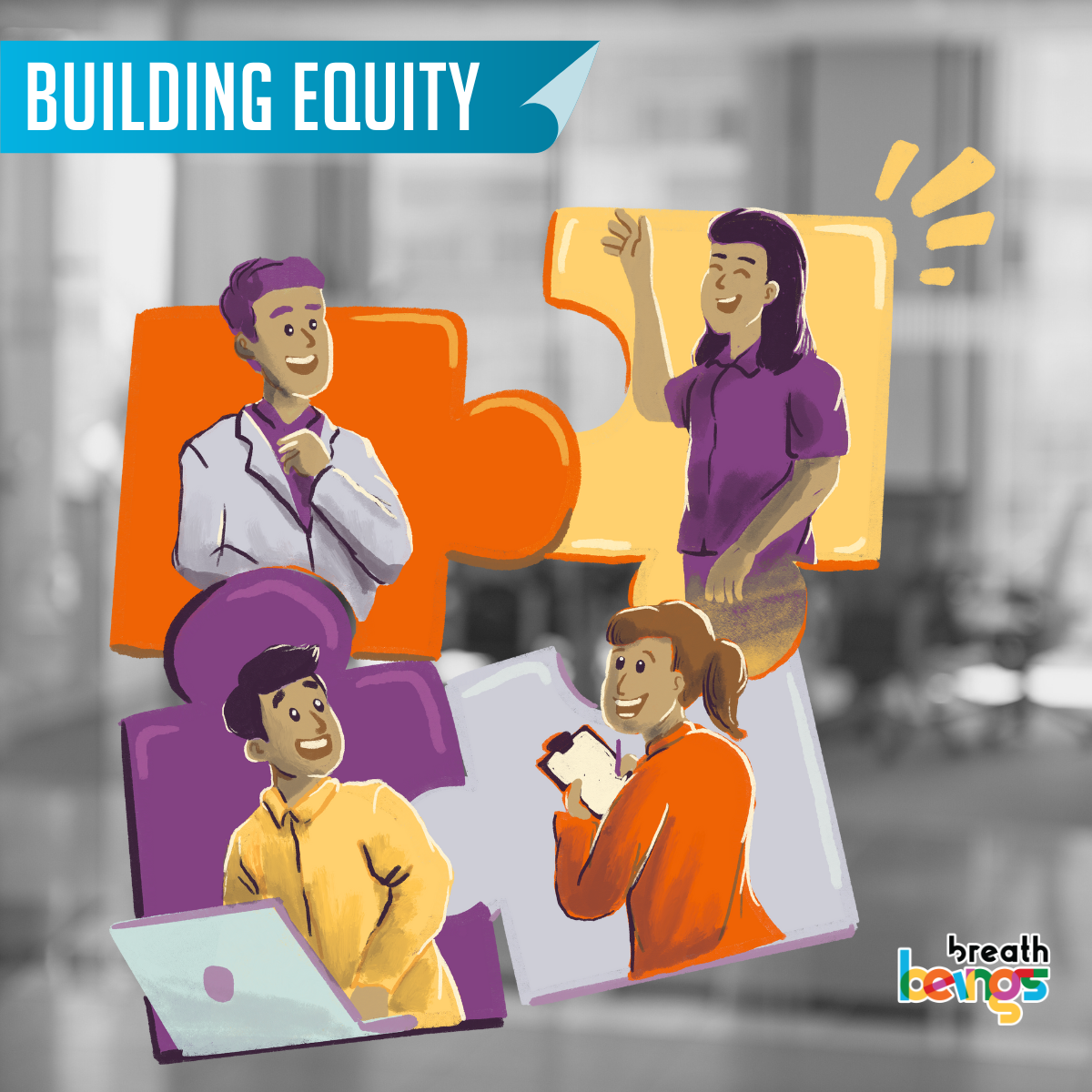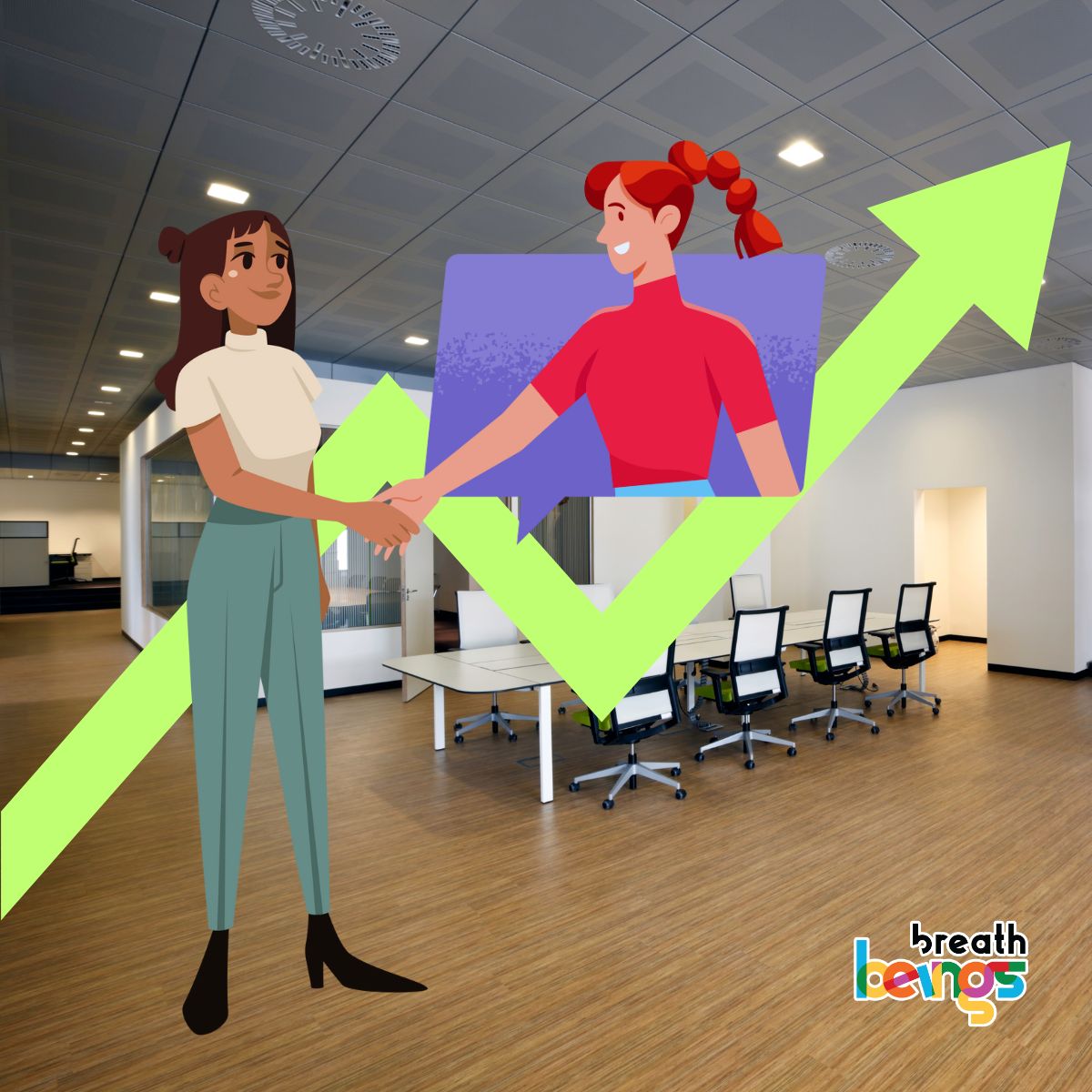Every year in the month of June we celebrate the LGBTQ pride month all around the world. What began as a protest demanding equal rights and opportunities for LGBTQIA+ people has over time evolved into a month to celebrate the community’s history, diversity, and resilience, while advocating for ongoing equality.
To create an inclusive space, organisations have implemented many changes, making their policies and mindsets more welcoming towards LGBTQIA+ employees. LGBTQ workplace training provides a crucial step towards building this inclusivity, where everyone feels valued and empowered to succeed, all year round.
Understanding the Landscape
Significant steps have been taken in India regarding LGBTQ rights movement. In 2018, a landmark Supreme Court decision decriminalised homosexuality by striking down Section 377 of the Indian Penal Code. This ruling reflects a broader societal shift towards greater acceptance of LGBTQ+ folks. While the court recently rejected a petition for same-sex marriage, a 2023 Pew Research Poll indicated that a substantial majority i.e. almost 53% of Indian adults favour of such unions.
Contrarily, a 2023 study by HR consultancy firm Randstad found that nearly 70% of respondents believed there have been no significant efforts towards LGBTQ+ inclusion. This dichotomy between societal acceptance and workplace non-inclusion can lead to feelings of isolation, decreased productivity, and higher turnover rates.
LGBTQIA+ and related training equips employees with the knowledge and tools to create a more welcoming and respectful environment for everyone.
Building Competency Through Training
While basic LGBTQ awareness training is a good place to commence inclusion and allyship conversation, true inclusion requires building competencies within the community members and the allies. Delving into the lived experiences of LGBTQ individuals, these programs help explore topics such as:
Understanding sexual orientation and gender identities
By exploring and understanding various genders and sexual identities on the LGBTQ+ spectrum, employees can engage in an open discussion about gender and sexuality which can help community members talk about their lived experiences. Such conversations help in creating a safer and more respectful environment in the workplace.
The impact of unconscious bias
Unconscious bias can be formed due to past experiences and prejudiced notions which can result in microaggressions and unfair treatment. Training programs like “Kaun Bang bias-free” and “Nukaad Natak” offered at Breath Beings help employees identify and challenge these biases, fostering a more inclusive and respectful workplace.
Inclusive language and communication
Using inclusive language at the workplace increases employee’s engagement and sense of belonging. Training like “Making of an Ally” can provide practical guidance on using gender-neutral terms without making assumptions about employee’s personal lives.
Benefits and policies
A good training program covers the benefits and policies that are present for LGBTQ employees and their family members in the organisation. It can include healthcare coverage for same-sex partners, non-discriminatory rules in hiring process and transparency in available policies so that they can understand and access their rights.

Implementing LGBTQ Initiatives in the Workplace
LGBTQ awareness training and workshops do not end at the end of the session but are a starting point to create an ongoing culture of inclusion and belonging. Here are a few ways in which we can make sure these sessions can be converted into the action:
Employee Resource Groups (ERGs)
Creations of Employee Resource Groups can act as a safe space for LGBTQ employees and allies to connect, share their experiences and create a positive discourse to promote each other’s interests. A great start for an ERG is during lgbtq awareness month. These groups can continue to host special events, discussions, movie screenings and volunteering opportunities to amplify the community’s voices and celebrate each individual’s uniqueness.
Leadership commitment
Visibility provides the much needed validation in workplaces for LGBTQ folks to be their authentic selves. By making small efforts to showcase visibility in various ways, we can make sure that the community members are valued as important members of the organization. Leader specifically can demonstrate such actions by attending pride parades or marches alongside employees and displaying the pride month flag on their laptops as stickers, profile pictures, or in any other visible ways.
Mentorship programs
Mentorship Programs have a unique feature, they offer the much needed guidance and support to LGBTQ employees to grow in the company while also giving the community members a space to make good connections and seek support systems which can amplify their voices and bring out fresh and diverse perspectives from an array of individuals.
Celebrating diversity
A leader can celebrate pride by organizing pride events, celebrating diversity and inclusion days fostering discussions about LGBTQ+ history and experiences. This can be extended with company-wide events that can feature leaders in the LGBTQ community including panel discussions and/or volunteering opportunities.
While fostering and creating psychological safety for LGBTQ community is important in the workplace, by implementing LGBTQ workplace training and initiatives, companies can reap the benefit of having a robust, inclusive and engaged workforce. Further a diverse workforce implies the absorption and integration of varied perspectives that can spark innovation and come forth with a wealth of ideas. While LGBTQ month is an excellent month to start the conversation, we really need to remember that to build a strong brand reputation, attract the best employees and customers, and having an inclusive thought process comes with changing policies and rules that can be in place throughout the employee and company cycle.
Celebrate LGBTQ pride month by investing in workplace training programs and initiatives which can help your employees thrive as they feel valued and respected. Through ongoing training, leadership commitment, and the implementation of LGBTQ initiatives in the workplace, companies can build a truly diverse, equitable, and inclusive environment for all.


